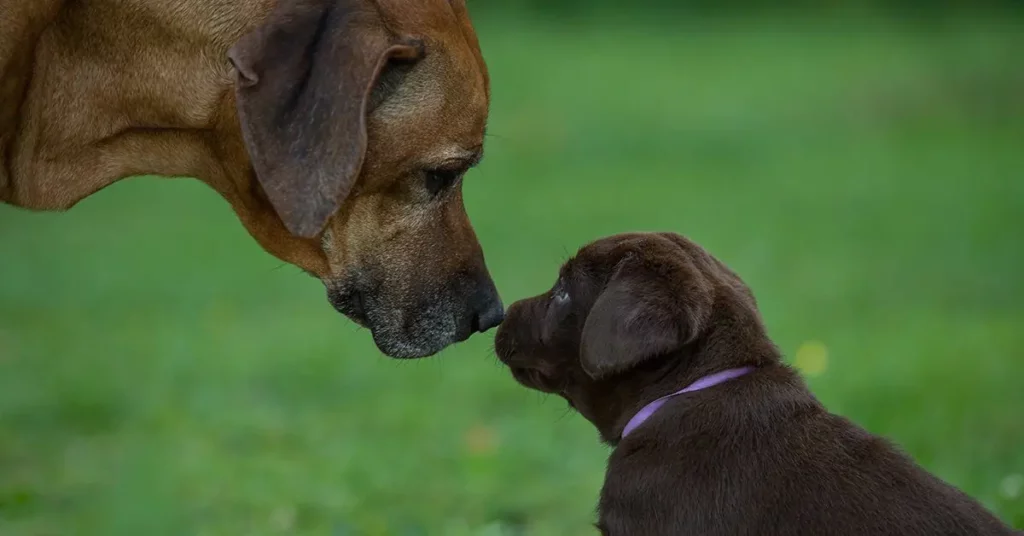Socialization is a critical aspect of raising a well-adjusted and confident adult dog. During their early months, puppies are like sponges, absorbing experiences and learning how to interact with the world around them.
Introducing your baby dog to new environments and experiences in a positive and controlled manner is essential for their emotional development.
In this article, we’ll explore the importance of socialization and provide practical tips for successfully introducing your puppy to new environments.
Why Socialization Matters
Socialization is the process of exposing your puppy to various people, places, animals, and situations, helping them become comfortable and confident in different environments.
A well-socialized puppy is less likely to develop fear or aggression towards unfamiliar experiences, reducing the risk of behavioral issues later in life.
Start Early
The best time to begin socializing your puppy is during the critical socialization period, which typically occurs between 3 and 16 weeks of age.
During this time, puppies are most receptive to new experiences and are more likely to form positive associations with different stimuli.
Positive Reinforcement
Use positive reinforcement to create positive associations with new environments. Offer treats, praise, and affection when your puppy encounters new people, places, or objects.
This positive reinforcement encourages them to view unfamiliar situations as rewarding and enjoyable.
Take It Slow
Introduce your puppy to new environments gradually and at their pace. Avoid overwhelming them with too many new experiences all at once.
Start with calm and quiet places before gradually introducing busier or noisier environments.
Safe and Controlled Experiences
Ensure that the environments you expose your puppy to are safe and controlled. Avoid places with potential dangers or aggressive dogs.
Dog parks, for example, may not be suitable during the early socialization period due to the unpredictable nature of interactions.
Meeting New People
Allow your puppy to meet different people of various ages, genders, and appearances.
Encourage friends and family to visit and interact with your puppy, providing positive experiences with new individuals.
Interacting with Other Dogs
Set up playdates with other vaccinated and friendly dogs. These interactions help your puppy learn appropriate social skills and doggy body language.
Keep the play sessions short and positive to avoid any negative experiences.
Exposure to Various Environments
Expose your puppy to different environments, such as parks, pet-friendly stores, outdoor cafes, and different floor surfaces.
These experiences help your puppy become adaptable and confident in various settings.
Positive Vet Visits
Make regular visits to the veterinarian a positive experience. Bring treats and offer praise during vet visits to help your puppy associate the vet’s office with positive emotions.
Stay Calm and Supportive
Your puppy looks to you for cues on how to react in new situations. Stay calm and supportive during socialization experiences, as your demeanor can influence your puppy’s reactions. If your puppy becomes anxious, reassure them with gentle words and strokes.
Avoid Overexposure
While socialization is crucial, it’s equally important not to overwhelm your puppy. Balance socialization experiences with downtime and rest to prevent stress or exhaustion.
Remember, every puppy is different, and some may take longer to feel comfortable in new environments.
Be patient and consistent in your socialization efforts, and always prioritize your puppy’s well-being and safety.
A well-socialized puppy is more likely to grow into a confident, well-mannered adult dog that can adapt and thrive in various situations throughout their life.

